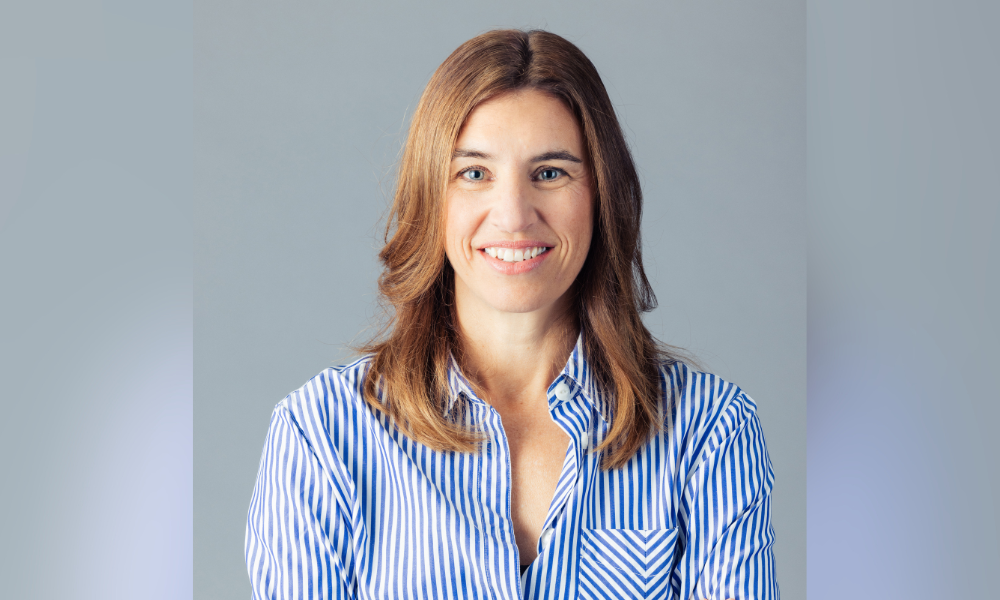
Nikki Dines tells HRD 'meaningful change needs balance'

“You shouldn’t create bureaucracy for the sake of ticking some boxes. HR needs to be a part of what resonates with people and help facilitate that.”
That’s according to Air New Zealand’s Chief People Officer, Nikki Dines, who told HRD about being selective with employee benefits to garner the best possible engagement.
She noted that, in an organisation the size of 12,000 employees, making sure everyone feels connected is sometimes easier said than done.
“There are some things that are fundamental to every role," Dines said – but to create meaningful change it’s important to accept that benefit programs and development structures are going to be different for everyone.
Dines, whose career spans over 25 years, went into employment law due to her background of having a law degree as well as a Bachelor of Arts in Sociology and Psychology – and because she’s always been interested in people.
“I've always had an interest in people,” Dines told HRD, “I spent 18 years working as an employment lawyer, including some time in house and some time working for various firms here and overseas. But I was always in that people area, because I've always had that interest so when I joined Air New Zealand, that became even clearer."
Dines noted that her career was full of “twists and turns” – but always focusing on the human element of business by trying to solve problems and embark in creative collaboration with clients.
"I then, whilst at Air New Zealand, went and ran Auckland domestic airport - applying all the things I've learned in terms of running a business of close to 400 people. From there, I ran pilots - a much bigger workforce."
Dines told HRD that to effectively implement HR policy, you need to understand the needs of your workforce as it means a greater level of engagement and uptake of process.
“I worked with two very different types of workforce - our Airports workforce and then our pilot workforce. They're very different in terms of backgrounds and experiences. One of them is a workforce that's present, one of them is a remote workforce."
"Actually understanding the workforce and understanding what's going to resonate within was really important," Dines noted.
As a people manager, it’s important to ensure you have the right people in place to do what’s needed of them and not to micromanage them – which is a sentiment Dines holds as it’s “good for business.”
“I work across all sectors of the business, from training to cargo to working alongside the CEO. I've got a really strong team in all of the different parts of the business, which is essential because I have complete trust in them,” Dines told HRD.
Ensuring workers are happy and well-trained is highlighted by Air New Zealand being awarded the most attractive employer a number of times, which Dines accredits to “excellent” teams.
Artificial Intelligence is changing the way HR functions are carried out across the world – and data has never been more important.
Futurist and author, Bernard Marr, told Forbes that “Data-driven, AI-enabled HR improves efficiency and accuracy in internal processes and also helps human resources professionals create more personalized and engaging experiences for their organizations.”
Marr added that this should be used strategically within an organization – without forgetting the ‘human’ in Human Resources, noting that technology should amplify HR’s work, not overshadow it.
Dines noted, though, that when it comes to data – it’s quality over quantity.
“Getting good quality data and in getting the right insights out of it, has been critical to our strategy. Now we're looking at generative AI and going how does that show up in this business.”
“AI’s not about taking people’s jobs, it’s about making peoples jobs better, taking out the mundane tasks to free people up to do more of the high value, strategic, relationship-based work," she added.
AI has been described by Dines as an "opportunity." The technology, she believes, can offer exciting developments in places such as engineering and planning, where tools can be utilised for predictive maintenance.
“It’s also about bringing people on a journey and stepping into the unknown. Leveraging AI to automate areas of engineering planning, predictive maintenance to machinery, is really exciting. Changes will allow us to be one step ahead of the game – and focus on what really matters, which is getting people to their destination,” Dines added.